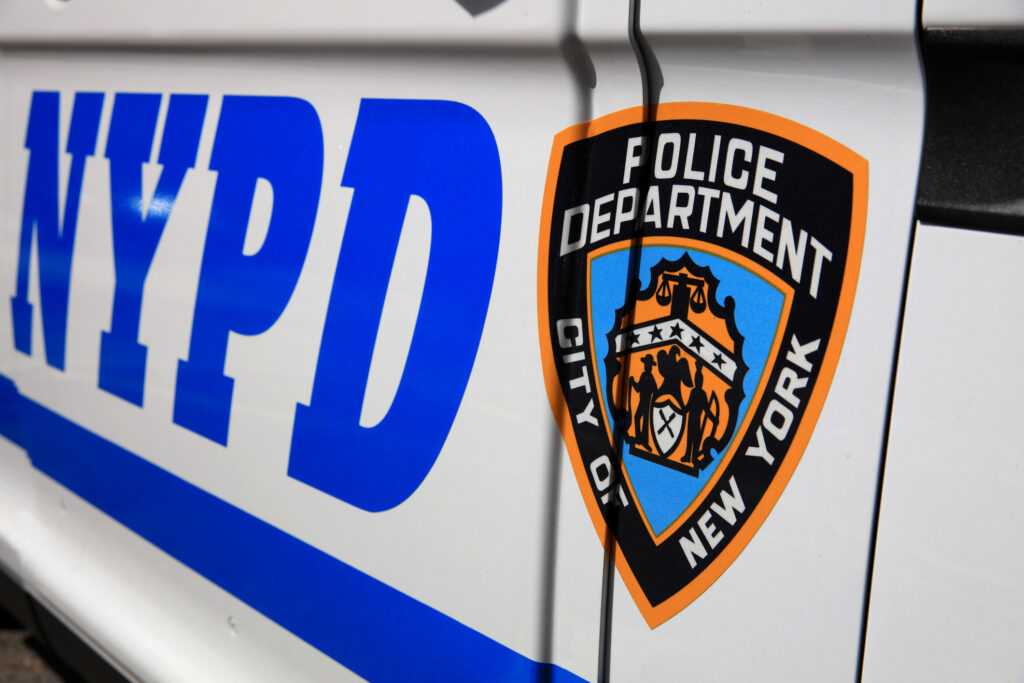Editor’s note: Cardinal Timothy M. Dolan, archbishop of New York, wrote the following op-ed which appeared in the July 1 issue of the New York Post.
Whenever I go back home to Missouri, family and friends ask me, “What do you like most about New York?” The list is lengthy, I reply. Saint Patrick’s Cathedral is up there, of course, and nothing beats that magical feel of Manhattan around Christmastime. But near the top would be the men and women of the New York Police Department.
I chat with them on their beat. I have a coffee with them in the kitchen of my home behind the cathedral. I celebrate their weddings, baptize their kids and show up at their events. And yes, I visit them in the ICU, and attend their wakes and funerals when they’re wounded or killed in the line of duty, which happens more often than I care to recall.
Much too frequently of late, I have grieved with the family of an officer who took his or her own life.
Our valiant police officers have one of the most perilous, stressful duties around, and from what I have seen in my nearly dozen years here, they do it with care, compassion and competence.
Now we have added to their load with continual, at times exaggerated, rash and inaccurate criticism, combined with rocks, Molotov cocktails and taunts.
Do police forces deserve criticism sometimes? You bet they do. The vicious killing in Minneapolis of George Floyd by a policeman, with his partners idly watching, reminds us in a nauseating way that for some cops, black lives do not matter.
The most stinging rebuke of that outrage in Minneapolis that I hear comes from – guess who? The cops I chat with on the sidewalks of New York.
They, and their department, realize criticism is called for. When it comes, they listen and undertake reform. Ongoing examination of procedures, enhanced training in “de-escalation,” more intense screening of admissions, bodycams and reviews, community outreach and a successful effort at diversity in recent decades (my friend Rabbi Joseph Potasnik likes to observe, “The majority is the minorities in the NYPD”): These reforms are all in effect in the NYPD.
The men and women of the department realize they are far from perfect. But we know that while bad apples there indeed may be, they are very rare.
As I mentioned to Police Commissioner Dermot Shea during a recent meeting, this point particularly resonates with me, as I have seen the overwhelming majority of good, faithful priests tarred by the heinous actions of a very few.
Not long after I arrived here, I was walking down the center aisle of the cathedral after Sunday Mass. From out of the congregation jumped a man holding an object in his hand. What he was clutching I did not know, but I have to admit, I feared it to be a pistol.
Apparently, the officer on duty that morning did, too. He lunged not at the man, but at me, shielding me from the rushing congregant. Then we both saw the man was holding a cross, which he asked me to bless.
What moved me was the police officer’s spontaneous instinct to protect me, literally “to take a bullet for me.” The NYPD would do that for any of us, members of the community they swear to serve and protect.
A few years ago, I did the funeral of a police officer shot on duty. He had his gun pulled and aimed at the perpetrator who had already shot others and could easily have fired his weapon. But he didn’t pull the trigger. Why? The culprit was holding a baby he had grabbed. The cop lost his life lest he endanger that of another.
As Rep. Peter King, (R-NY), eloquently remarked on the floor of the House last week, our racial minorities in the tense and poor areas of the city especially.
In a recent meeting with community activists, one black leader reminded us: “Don’t give me this ‘get-rid-of-the-cops’ rant! You on Madison Avenue or Park Avenue might not need the police. We up in The Bronx sure do!”
One of the tumors on our beloved nation, past and present, is that we often target African Americans, profile them, caricature them, blame them and suspect them as the cause of all evil and woe in society. That is raw injustice. But for God’s sake, let’s not now, in a similar way, stereotype the NYPD.

